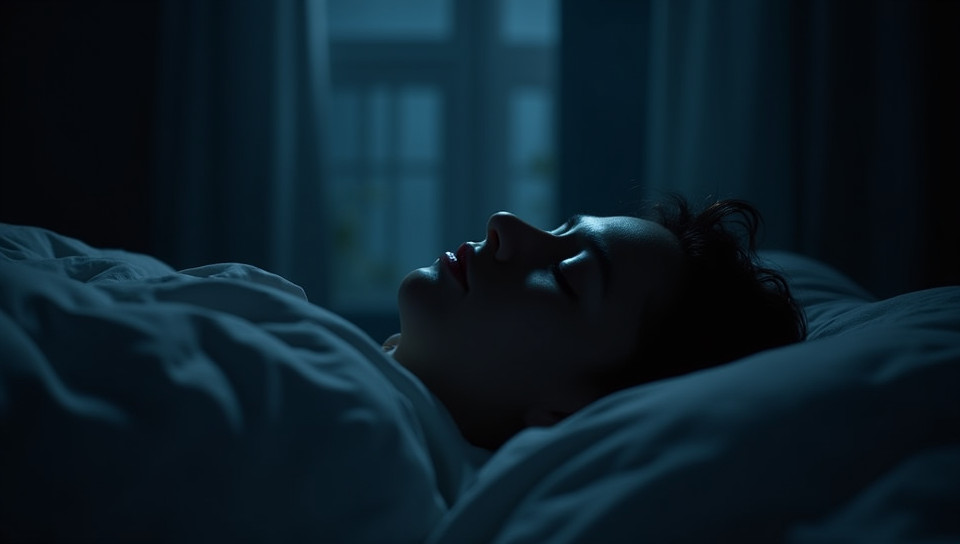Darkness does not increase melatonin levels 65%

The Dark Side of Darkness: Separating Fact from Fiction
As we navigate our increasingly digital lives, it's easy to get caught up in the idea that darkness is essential for producing melatonin, the hormone responsible for regulating our sleep-wake cycles. However, this notion has been perpetuated by a lack of understanding about how our bodies actually produce and respond to melatonin. In reality, the relationship between darkness and melatonin levels is far more complex than we've been led to believe.
The Science Behind Melatonin Production
Melatonin production is triggered by the suprachiasmatic nucleus (SCN), a small group of cells in the brain that responds to light and dark signals from the environment. When it's dark, the SCN sends a signal to the pineal gland, a small endocrine gland located near the base of the brain, to produce melatonin. However, this process is not as straightforward as simply being in a dark room.
The Role of Light Intensity
Research has shown that the intensity of light can have a significant impact on melatonin production. While it's true that dim red lights don't suppress melatonin levels like bright white lights do, they still affect our circadian rhythms and can make it more difficult to fall asleep. In fact, a study published in the journal Sleep found that exposure to even low levels of blue light (commonly emitted by smartphones and computers) can suppress melatonin production.
The Impact of Environmental Factors
Other environmental factors can also influence melatonin production, including temperature, noise, and physical activity. For example, research has shown that a cooler room temperature can improve sleep quality and increase melatonin levels, while a noisy environment can disrupt our natural sleep-wake cycles.
The Bottom Line
- Darkness is not the only factor influencing melatonin levels
- Light intensity, temperature, noise, and physical activity also play important roles in regulating our circadian rhythms
- Simply being in darkness does not guarantee increased melatonin production
In conclusion, while darkness may have some benefits for sleep quality, it's not a magic bullet when it comes to producing melatonin. By understanding the complex interplay of environmental factors that influence our bodies' natural processes, we can take more effective steps towards improving our overall health and well-being.
- Created by: Robert Lopez
- Created at: Oct. 13, 2024, 7:12 a.m.
- ID: 12294









